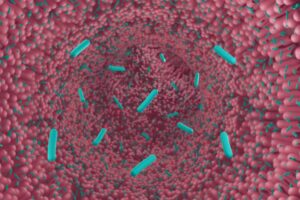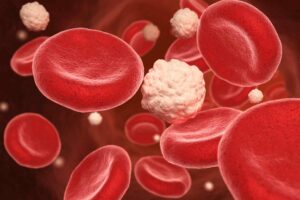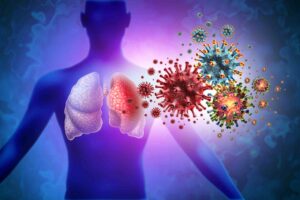Gastroenterology
Gastroenterology
The findings of a recent study suggest that specific microbial signatures are associated with accelerated biological aging.
Cardiology, Gastroenterology
The findings of a recent study suggest that 2MBC exacerbates the susceptibility to thrombosis and may explain why people with COVID-19 are at increased thrombotic risk.
Gastroenterology, Ophthalmology
The findings of a recent study suggest that inherited eye diseases are caused in part by gut bacteria that travel to the retina.
Gastroenterology
The findings of a recent study suggest that specific sexual activities are associated with gut microbiota alterations in men who have sex with men.
Gastroenterology, Oncology
Research done in mice shows that the mouth-dwelling bacterium Porphyromonas gingivalis can travel from the mouth to the pancreas, resulting in lesions that lead to cancer.
Cardiology, Gastroenterology
The findings show that statin-induced high blood sugar levels are associated with Clostridium bacteria and bile acids. The work also suggests that ursodiol may help reduce the adverse effects of…
Gastroenterology, Events
Satish Chandran, President and Chief Executive Officer at Prodigy Biotech, Inc., details the company's program aimed at treating alcoholic liver disease, spotlighting Enterococcus faecalis as the primary antagonist.
Gastroenterology, Nutrition
Two weeks of dietary intervention are sufficient to influence host immunity, metabolism and gut microbiota composition.
Gastroenterology, Infectiology
The results of a recent study reveal that the severity of respiratory infections depends at least in part on a complex interplay between the gut microbiota and the immune system.
Gastroenterology
The results of a recent study shed light on the effects of aspirin use on the gut microbiota. The findings may also inform therapies for aspirin-mediated gastrointestinal damage.











